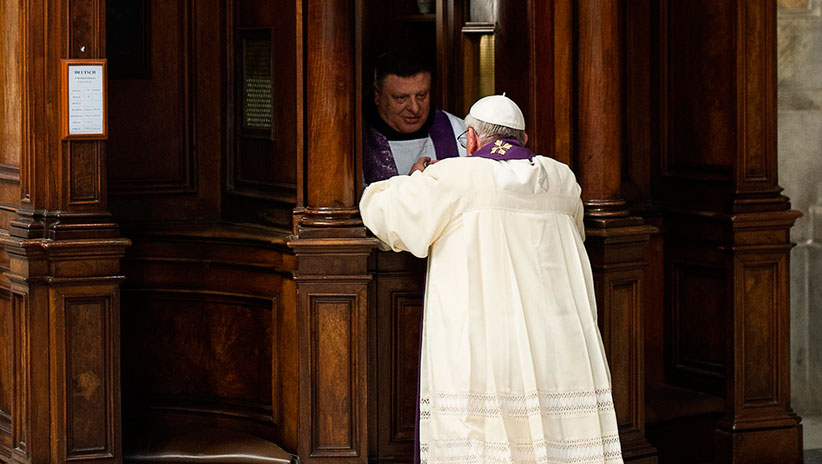The Need to Reflect as We Serve
Our ministerial life and “work” do not necessarily begin or end during the hours we have designated for active service: we are always ministers of God. The calling we have received from Him is an invitation to be present for the Lord and for others at all times. Therefore, true ministering demands sacrifice, generosity, and commitment. Sacrificial service requires us to renounce our self-interests and to attend to the interests of God and His people. Generosity puts sacrificial service into motion with great liberality, and commitment encourages us to do so continuously with dedication and perseverance.
These three characteristics serve to remind us that an indispensable part of our ministry is when we are not actively ministering. Indeed, it is at those moments when we process more fully what happened and what did not. This processing is not simply an intellectual exercise—God is at work, speaking to us and revealing once again how He is always present in our lives. Therefore, it is a period of reflection that is guided by the Spirit to help us comprehend what God is doing and what He wants from us. He brings to light His loving, active plan of salvation, and His desire through our willing sacrifice, generosity, and commitment.

Because we are called to serve and want to do so well, it is necessary to create time for reflection outside of our active service because this helps us grow as ministers. However, theological reflection’s effectiveness depends upon putting God at the center and not putting our desire to acquire knowledge and insight above God’s glory—for its ultimate purpose is to praise, love and follow Him more. Once we put God at the center of theological reflection, we realize how God makes Himself—and His thoughts—accessible to us to lovingly guide us. Over time, a willing service that precedes and succeeds theological reflection will convince us of the truth that we are always ministers of Jesus Christ, called to reflect and to serve with sacrifice, generosity, and commitment to God’s glory and our salvation.
An Experience Full of Reflection
As ministers, we will occasionally have moments of epiphany in which we encounter a person whose situation would bring us to deeper theological reflection. For many years now, I have known this person named “Mary.” She is an older parishioner that, for a long time, has struggled with a host of health issues. The ability to consistently and effectively cope with her numerous physical illnesses has been a grinding battle for her due to the inner combat she confronts on a daily basis because of her depression. Sadly, her physical illnesses and depression have created in her life a vicious cycle of unhealthiness. There have been many occasions in which I have sat with her to pray with and for her. Very often it would be after her return to the church following an extended period of absence in which she sought to isolate herself. Sometimes, it would be during her self-exclusion.
One Friday long ago, Mary left me a voicemail informing me that she was not going to church that day because she was at the hospital. She stated that she had gotten severely burned with hot cooking oil that previous Wednesday and was currently being treated at the hospital’s Burn Center. Though she left me a telephone number where she could be reached, I kept getting a busy signal every time I called. I was not only frustrated that I could not speak with her but also concerned that she would probably think that no one cared for her. For six days I prayed and thought about how she was doing—physically, mentally, and spiritually—while I was unable to speak with her until I was finally able to visit her at the hospital a week later…
Continue reading “Called to Serve Always” →




